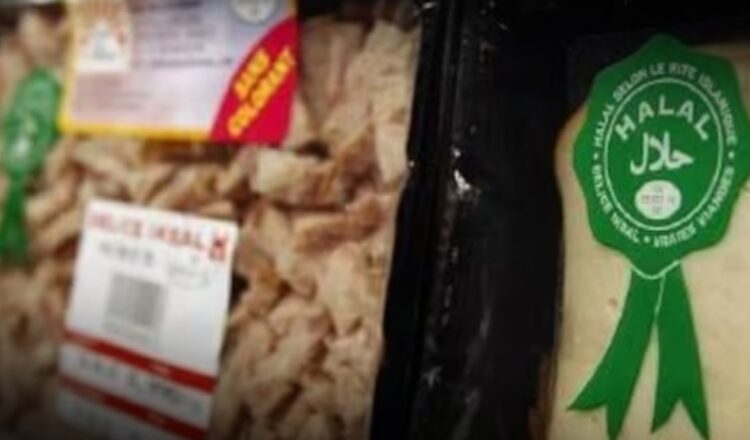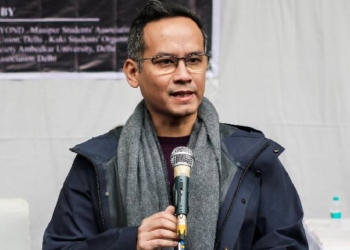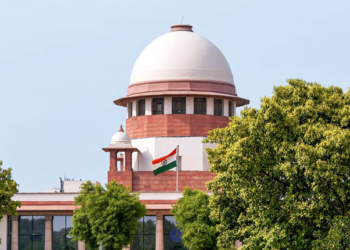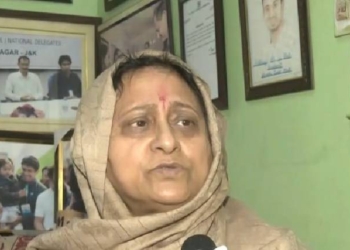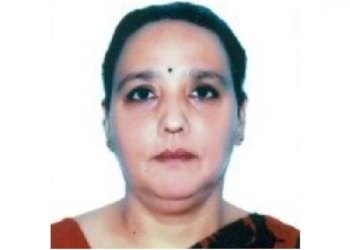New Delhi: The Supreme Court on Thursday ordered that no coercive action will be taken against Jamiat Ulama-i-Hind Halal Trust and its officials in connection with the FIR lodged by Uttar Pradesh Police over halal certification.
Issuing notice to the UP government and others, a bench of Justice B.R. Gavai and Sandeep Mehta ordered that “no coercive action shall be taken against the petitioner or its official bearers”.
During the hearing, advocate M.R. Shamsad, appearing on behalf of the petitioner trust, urged the top court to pass an order of interim protection in the matter.
“The Trust has already joined the investigation and all the documents have been supplied. Now, they (UP police) want the President of Trust to be personally present. Your lordship may protect us,” he said.
The apex court ordered that the plea filed by trust be tagged with the existing batch of petitions challenging the registration of FIR and ban imposed by the state government on storage, distribution and sale of food products with halal certification.
In November 2023, the Uttar Pradesh government passed an order to ban, with immediate effect, the production, storage, distribution, and sale of food products with a halal tag.
The order said that running a parallel system regarding the quality of food items creates a confusion and is not tenable under Section 89 of the Food Law Food Safety and Standards Act.
“The right to decide the quality of food items lies only with the authorities and institutions given in Section 29 of the said Act, who check the relevant standards as per the provisions of the Act,” it added.
The Uttar Pradesh Police registered an FIR against entities such as the Halal India Private Ltd, Chennai, Jamiat Ulama-i-Hind Halal Trust, Delhi, Halal Council of India, Mumbai, Jamiat Ulama Maharashtra and others for allegedly exploiting religious sentiments to boost sales by providing halal certificates to customers of a specific religion.
The complainant raised concerns over a large-scale conspiracy, indicating attempts to allegedly decrease the sale of products from companies lacking the halal certificate and alleged that people’s religious sentiments were exploited to boost sales by providing “forged” halal certificates.
(IANS)




